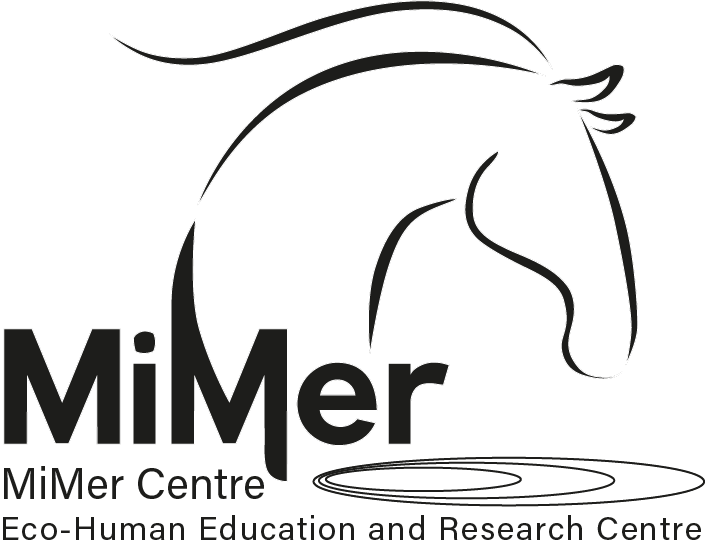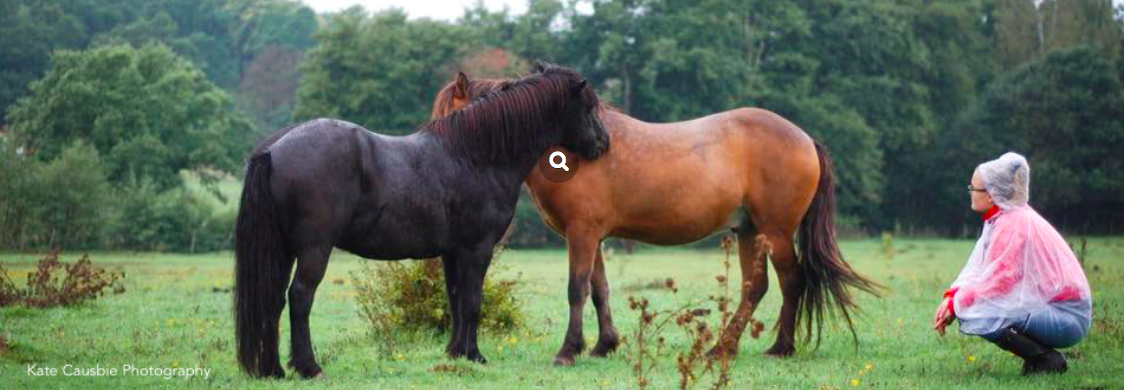Remembering Ourselves and Observations
Both horses and humans respond to environmental changes, including changes in other individuals. Movement, new people, new sounds, new conditions can all affect how we and our horses behave. It is important, then, to recognize that our horses respond to changes in us, too.
Horses are quiet herbivores who have evolved to be constantly observing their surroundings and their herd for changes. Anyone of them can signal the others to new conditions and they all learn to rely on each other for survival. In domestic conditions, we often keep our horses in smaller areas with fewer conspecifics, and sometimes even
We are part of that environment and therefore must acknowledge that our own behaviors affect our horses. Humans and horses share some common traits and physiology, but we are different, too. Horses know that we are not horses, just as we know that they are not people. We are typically very verbal where they are quiet and we are prone to move and interact with each other while they find comfort in silent proximity. Our ways of interacting with our horses, while normal and common for us,
This is where observation becomes critical. Our horses come to us with experiences that they can only share through behavior. We can watch how they first react to new changes and how they adapt. These changes can tell us a lot about where they've been and what they've experienced. We need to remember, however, that we are a part in that. We, too, play a role in how they respond and react and we need to take note of how their behavior changes around us over time.
They are always watching and observing and will begin communicating with us through their behavior from the moment we first meet. How we respond to their behaviors and how they respond to our behaviors begins to build a language between ourselves and our horses. We must listen and observe our horses
Much like the other animals and partnerships we have in our lives, we build that relationship over time by continually watching, listening, and assessing our horse's behavior as a response to our own behaviors. A constant awareness of how our own actions affect those of our horses can help give us an idea of how well we are communicating with our horses. How they respond to us over time is then a direct reflection of how well we've been listening to them.
When you subscribe to the blog, we will send you an e-mail when there are new updates on the site so you wouldn't miss them.


Comments